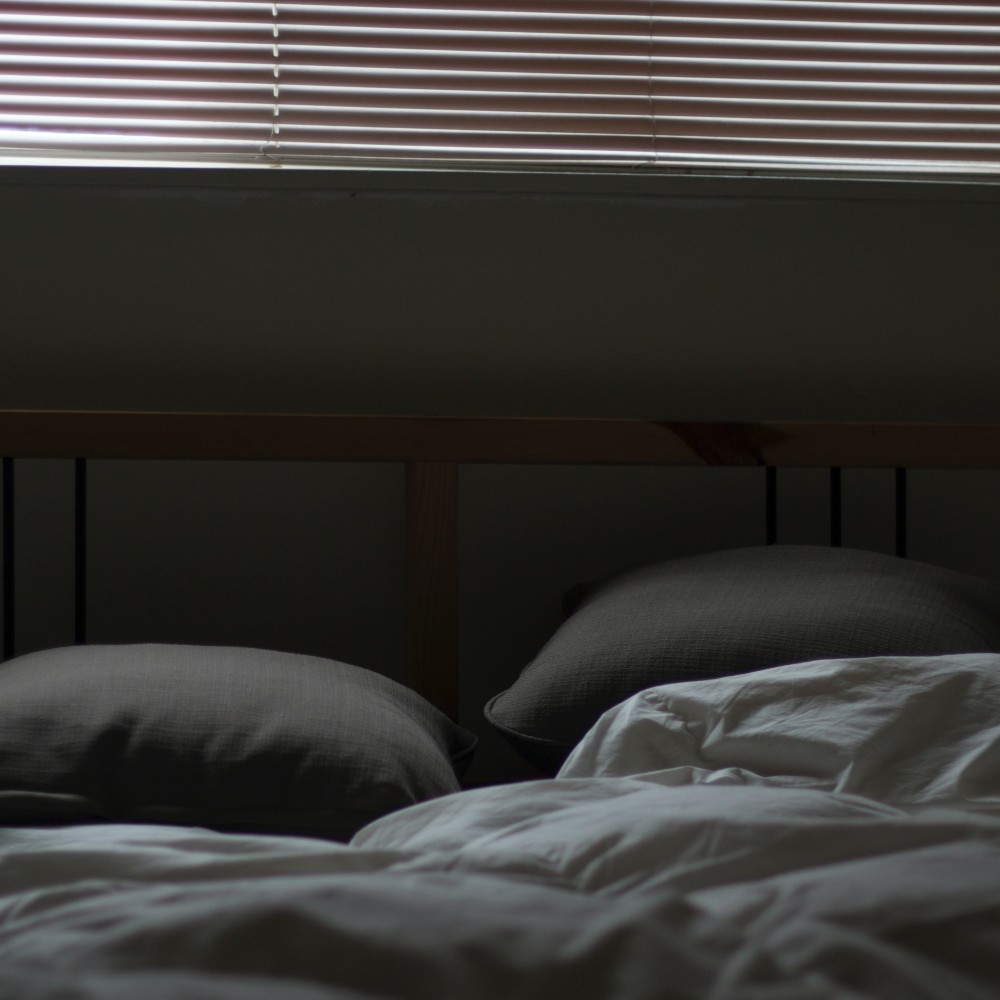Published:
Sleeping is known to be one of the most essential aspects in our lives; yet, many people overlook it. The Centers for Disease Control and Prevention states that more than one in three adults in the U.S. are sleep-deprived, leading to many concerning factors that can affect individuals' health.
According to the journal Neurology, a study of over 30000 participants aged 51 and older found there was a 16%-51% increased risk of getting a stroke for people who experienced sleep issues compared to those who did not. Other health issues, such as diabetes and depression, also exacerbate the risk of stroke, but these issues present themselves at older ages. Thus, lack of sleep has evolved into a widespread problem with serious health concerns.
People are unable to meet the scientific standard of 7-9 hours of sleep for many reasons. In Japan, work culture is greatly contributes to an overall lack of sleep, where a widely accepted environment to keep working long hours and consistently work overtime causes many mental health problems. Another factor is the usage of phones before sleeping. Over 66% of Americans are known to use their phones before bed. However, getting exposed to blue light creates delays in melatonin production and disrupts natural circadian rhythms, which help us sleep. Insomnia can develop from a high amount of stress or consuming alcohol and caffeine, as well.
Whether the lack of sleep stems from habits or mental health, innovations are constantly being developed to help sleep worldwide. For example, South Korea’s healthcare business, Pure-Lex, is a budding company producing various products to help people improve the quality of their sleep. Their most recent creation is a pillow fed by support from AI technology, and has garnered massive media attention. According to the company, using these pillows will reduce snoring and frequency of sleep apnea by 50 to 70%. These pillows were made possible with the support of Nvidia Corp.’s AI software and a project directed by Korea University’s Sejong Campus. Another creation is a health tech app called Eaze, founded in 2022 in Berlin, Germany. The app provides coaching for each individual’s sleep through a personalized set up. With 1.7 million Euros in funding from various health tech investors and over 1000 users, customers have been successful in helping sleep apnea in the long term.
Overall, the main drive of human productivity is from sleeping overnight. If we don’t have the correct habits or a balanced life, it can severely impact well being. The benefits of an adequate amount of sleep are essential to productivity, ranging from an improved attention span, better immune system, boosted heart health, and so on. With the help of new tech companies creating various products to help with our sleep, prioritizing our health is slowly becoming a significant investment in a more vital and longer life across the global stage.
File under






